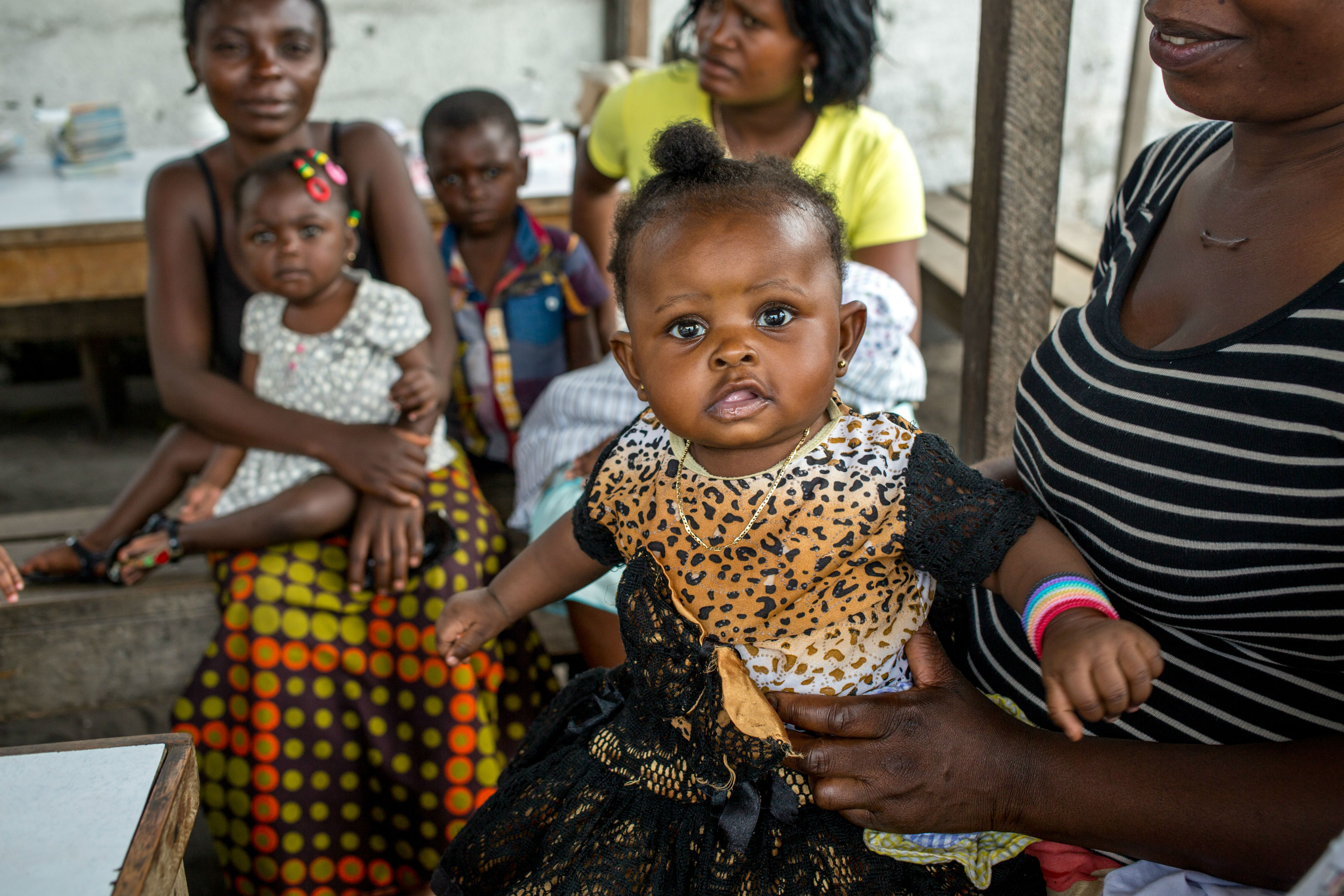Time to “decrypt” a wily parasite
|
This post originally appeared on the PATH Drug Development blog.
Cryptosporidium harms children—we need research and development to stop it.
A lot of ugly things in nature are relatively harmless (Exhibit A: the star-nosed mole)—but Cryptosporidium, one of the featured bad guys in the video, “DefeatDD: Superheroes vs. Villains," isn’t one of them.
Unsettling under a microscope and dangerous in the human body, this tiny parasite is one of the most common causes of diarrheal disease (DD) worldwide. Yet for years, attention and research for “Crypto,” as it’s often called, has lagged.
Here’s the story of this “hidden spore”—and why research and development for effective tools should be a global priority, now.
The long-term consequences of diarrheal diseases
Worldwide, DD is a leading cause of death among children under five. Even when children survive the disease itself, repeated rounds put them at risk for long-term health and developmental consequences, including malnutrition, stunting, and deficits in cognitive development. Over time, persistent DD can also cause a kind of gut damage known as environmental enteric dysfunction, which contributes to malnutrition and can prevent some vaccines from working properly.
Together, these factors make children more vulnerable to opportunistic infections. In impoverished areas with limited sanitation, hygiene, and clean water, that can kick off a vicious cycle of illness, malnutrition, and reinfection.
Bringing the “hidden spore” to light
It turns out that Cryptosporidium (Latin for “concealed spore”) is the culprit behind many cases of DD worldwide—but we didn’t always know that. In 2013, a landmark study, the Global Enteric Multicenter Study, or “GEMS,” identified the viruses, bacteria, and parasites that most often cause DD.
Many of the usual suspects turned up. But so did Crypto—and that was a surprise. Although scientists knew the parasite caused DD in people with compromised immune systems (such as adults with AIDS), nobody had pinpointed its impact on children around the world.
Yet—and this is what sets Crypto apart from other causes of DD—there is no truly good drug to treat infection, and certainly no vaccine. Although we have or are developing treatments and vaccines for other causes of DD, not enough research and attention have gone to Crypto to develop those tools. Crypto is also very infectious. As few as ten parasites can cause illness, and a single infected person can put billions into contaminated water.

Breaking the code
Fortunately, we at PATH embrace this kind of challenge. With partners at Celgene Global Health, Takeda Pharmaceutical Company Limited, the University of Washington, and the University of Vermont, we’re stepping up rigorous scientific work to understand what it will take, biologically, to create effective drug treatments for Crypto and use those findings to develop improved options. We believe that with increased investment and collaboration, we can accelerate progress toward controlling Crypto, which is why we are working to set up and develop ACCORD (Anti-Cryptosporidium Consortium for Drug Research and Development)—to help coordinate the resources and expertise of pharmaceutical companies, private foundations, governments, academic institutions, and nongovernmental organizations, and speed up the development of new tools to fight Cryptosporidium. We’re also convening global experts at the bi-annual Symposium on Innovative Therapeutics for Cryptosporidium to put Crypto in the spotlight and help coordinate global research.
Every tool to stop DD
Of course, even if we stop Crypto (and I hope we will!), giving every child a chance to grow up healthy requires us to intercept DD from every angle. That means partnering with communities to produce and maintain clean water, improve sanitation and hygiene, promote handwashing and other healthy behaviors, boost nutrition, and promote breastfeeding. And it means continuing to develop the medicines and tools we all need to stay healthy and recover quickly. PATH and its partners worldwide focus on all of these things.
Now, adding more research and better tools to fight Cryptosporidium can bring us even closer to our goal. And that’s a beautiful thing.














